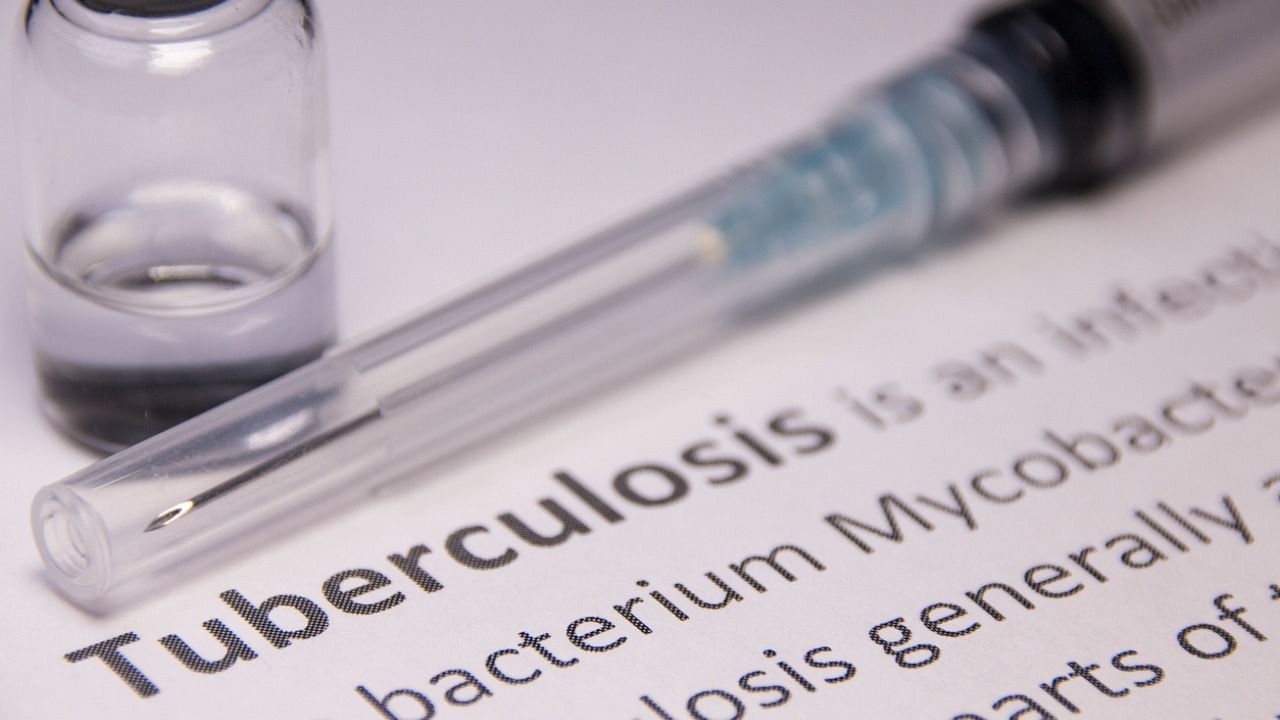
Tuberculosis is on the rise again globally for the first time in a decade, linked to disruptions in access to healthcare because of the Covid pandemic, the World Health Orgnization said Thursday.
The setback has erased years of progress toward tackling the curable disease, which affects millions of people worldwide.
"This is alarming news that must serve as a global wake-up call to the urgent need for investments and innovation to close the gaps in diagnosis, treatment and care for the millions of people affected by this ancient but preventable and treatable disease," WHO chief Tedros Adhanom Ghebreyesus said in a statement.
In its annual TB report for 2020, the WHO said progress toward eradicating the disease has been made worse thanks to a growing number of cases going undiagnosed and untreated.
The organisation estimates that around 4.1 million people have tuberculosis but have not been diagnosed or officially declared, up sharply from 2.9 million in 2019.
The Covid-19 pandemic has made the situation worse for people with tuberculosis, as health funds have been redirected toward tackling coronavirus and people have struggled to access care because of lockdowns.
There was also a drop in the number of people seeking preventative treatment, it added, from 2.8 million people in 2020, down 21 per cent from 2019.
"This report confirms our fears that the disruption of essential health services due to the pandemic could start to unravel years of progress against tuberculosis," Tedros said.
Some 1.5 million people died from TB in 2020, including 214,000 among HIV positive people, according to the report.
That was up from 1.2 million in 2019, 209,000 of them HIV positive.
The increase in the number of TB deaths occurred mainly in the 30 countries with the highest burden of tuberculosis, it added.
Tuberculosis is the second deadliest infectious disease after Covid-19, caused by a bacteria that most often affects the lungs.
Like Covid, it is transmitted by air by infected people, for example by coughing.
Most TB cases occur in just 30 countries, many of them poorer nations in Africa and Asia, and more than half of all new cases are in adult men. Women account for 33 per cent of cases and children 11 per cent.
The WHO's aim is to reduce deaths from TB by 90 per cent, and the incidence rate by 80 per cent by 2030 compared to 2015, but the latest figures threaten to jeopardise the strategy, it said.
And its modelling suggest the number of people developing the disease and dying from it could be "much higher in 2021 and 2022".
The report said that the number of people newly diagnosed and cases reported to national authorities fell from 7.1 million in 2019 to 5.8 million in 2020.
India, Indonesia, the Philippines and China were the main countries that saw a drop in reported cases.
These and 12 other countries accounted for 93 per cent of the total global decrease in notifications.
Global spending on tuberculosis diagnosis, treatment and prevention services fell from $5.8 billion in 2019 to $5.3 billion a year later, the report found. The 2020 figure was less than half of the global funding target for the disease.
About 85 per cent of people who develop TB disease can be successfully treated within six months with the right drugs, which also helps to prevent transmission of the illness.
Check out latest DH videos here